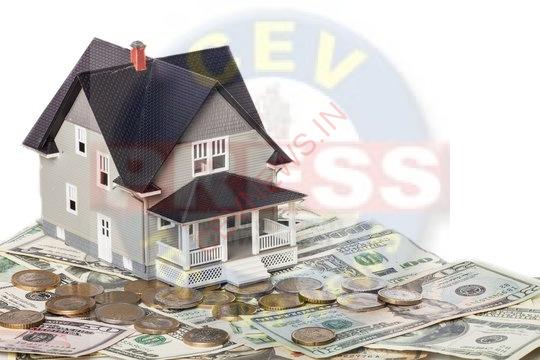LEASEHOLD PROPERTY- ALL YOU NEED TO KNOW
LEASEHOLD PROPERTY:
“Leasehold” refers to when a property purchaser buys the buildings and other structures on a property, but the land itself remains the property of the original owner. The purchaser is effectively renting the land from the owner. This sort of arrangement is often shunned for its reputation for getting complicated when it comes to legal matters. If you’re in doubt, get in touch with us to find out more about the areas of property law relating to leaseholds.
In a leasehold, the lease acts as a license for the lessor, in which the freeholder of the land and property grants right to use the property for a stipulated period of time. For this, the lessor is required to pay a price in the form of Lease Rent or Ground Rent, which may include service charges decided on the basis of how a building is managed.
In a lease, the lessee enters into a contract with the lessor granting the right to use the property for a certain period in exchange for a series of payments over that term. The lease defines the rights and responsibilities of both the parties concerned.
“A leasehold property means the property on the land is leased to the property buyer for a certain period, but the ownership belongs to the original owner (such as the government).”
In general, the lessor is responsible for the maintenance and improvement of the property alone, whereas the improvement and maintenance of the area surrounding it will be the responsibility of the owner, i.e. freeholder.
Further, the leaseholder is required to pay maintenance fees, annual service charge, annual ground rent etc. at regular intervals. The leaseholder has to take prior permission of the owner to make any major changes in the property.
t must be noted that lease is for a specific period only, which when expired, the ownership of the property reverts back to the lessee, i.e. the freeholder. The lessor can extend the period of the lease, if required, by paying the renewal fees. The term of the lease may vary from 30 years to 999 years. In most cases, the term of the lease is 99 years.
The length of the lease is the basic criterion that decides the worth of the property, i.e. the longer the lease, the higher would be its worth. Further, a leasehold property is a diminishing asset, however, if the term of the lease is longer, it will hold a high value in the longer term.
Leasehold property Advantage
The biggest advantage of buying a property in a project that was built on leasehold land, is that it will be significantly cheaper than buying one that was built on freehold land or plot (where the developer is the sole and primary owner of the land).
In metro cities, developers usually pay a far lesser price for lease a plot in a good location in the city, as opposed to paying a huge amount and buying the land from the primary owner. This financial benefit trickles down to home buyers, as well.Such leasehold plots, for residential projects, are commonly part of a larger development. This means that the surrounding areas usually have good infrastructure and connectivity.
Leasehold property disadvantages
- The individuals need to pay ground rent to the freehold owner. This rent might increase over time, thereby, increasing the charges for the leaseholder.
- The liberties of the leaseholder are restricted. Thus, the leaseholder may need the permission of the freeholder, for any repairs or changes in the property.
- Most leasehold properties are used both for commercial and residential purposes. So, before investing in leasehold land, it is essential to understand who will bear the maintenance cost. In case of major changes to the property, the cost is borne by the leaseholder (owner) whereas the costs of smaller changes to the property are usually borne by the existing buyer if valid permission from the landowner has been obtained.
- Most leaseholders are not allowed to keep pets in the properties.
- One cannot sub-let a leasehold property.

